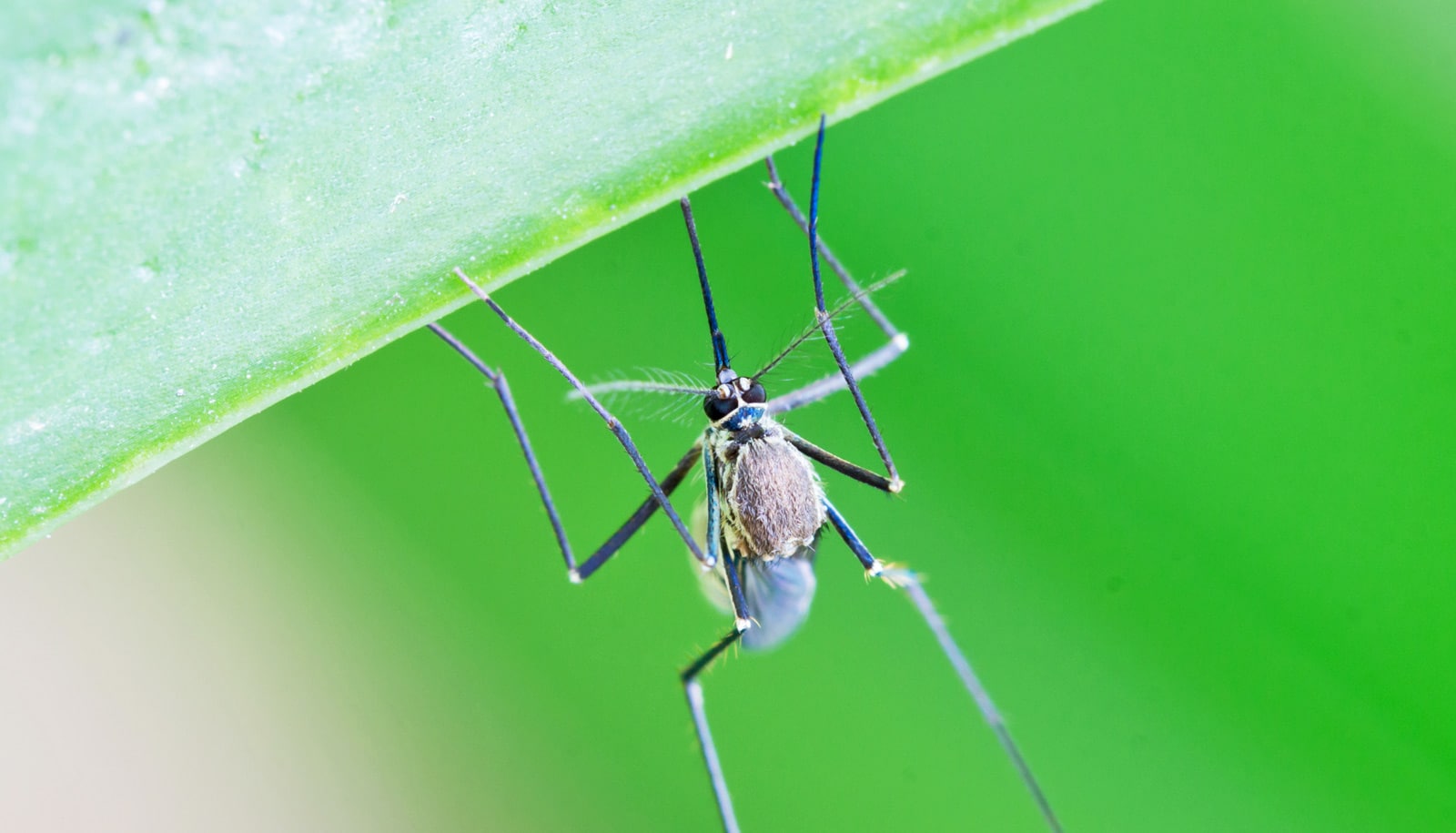Scientists have found a way to boost the efficacy of the most powerful antimalarial drug in the world with the help of chemotherapy medicine, according to a new study.
As reported in Nature Communications, researchers discovered that the antimalarial drug artemisinin works through a “double whammy” attack that damages proteins in malaria parasites and clogs their waste disposal system, known as the proteasome.
“The double whammy effect means that combining artemisinin with an anti-cancer drug that also targets the proteasome, complements the activity of artemisinin, and can restore activity against artemisinin-resistant parasites,” says Leann Tilley, a researcher with the University of Melbourne.
Malaria claims the lives of about 450,000 people worldwide every year; artemisinin resistance has developed in South-East Asia, with fears it will soon reach Africa.
“The parasite’s proteasome is like a shredder that chews up damaged or used-up proteins,” Tilley says. “Treating malaria parasites with artemisinin generates a lot of damaged proteins. Artemisinin and proteasome inhibitors thus can work together to jam the recycling system.”
Blockage of the proteasome causes an accumulation of proteins marked with a “kiss of death” modification. When these damaged proteins build up, they stress the parasite and soon lead to cell death.
Tilley and colleagues are working with Japanese pharmaceutical company Takeda and Swiss-based non-profit research foundation Medicines for Malaria Venture to identify parasite-specific proteasome inhibitors that could be advanced to clinical trials.
“We are currently undertaking medicinal chemistry work to create novel analogs of human proteasome inhibitors that specifically inhibit the parasite proteasome,” Tilley says. “We want a compound that can be administered orally and will last a long time in the bloodstream. If a suitable compound can be found, human trials could happen very soon.”
Source: University of Melbourne



